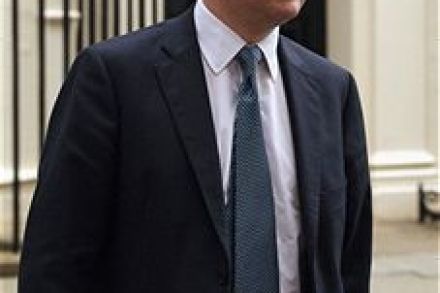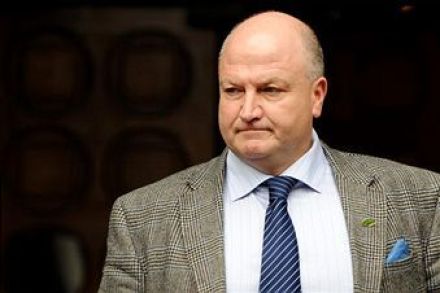Obsorne’s banking reforms are only the start of a solution
‘The most far-reaching reforms of British banking in modern history.’ That’s how George Osborne called it in Parliament this afternoon, in a statement that contained few surprises. What the government’s doing, in large part, is to follow exactly the recommendations contained in September’s Vickers Report. But is that really as far-reaching, or as radical, as









